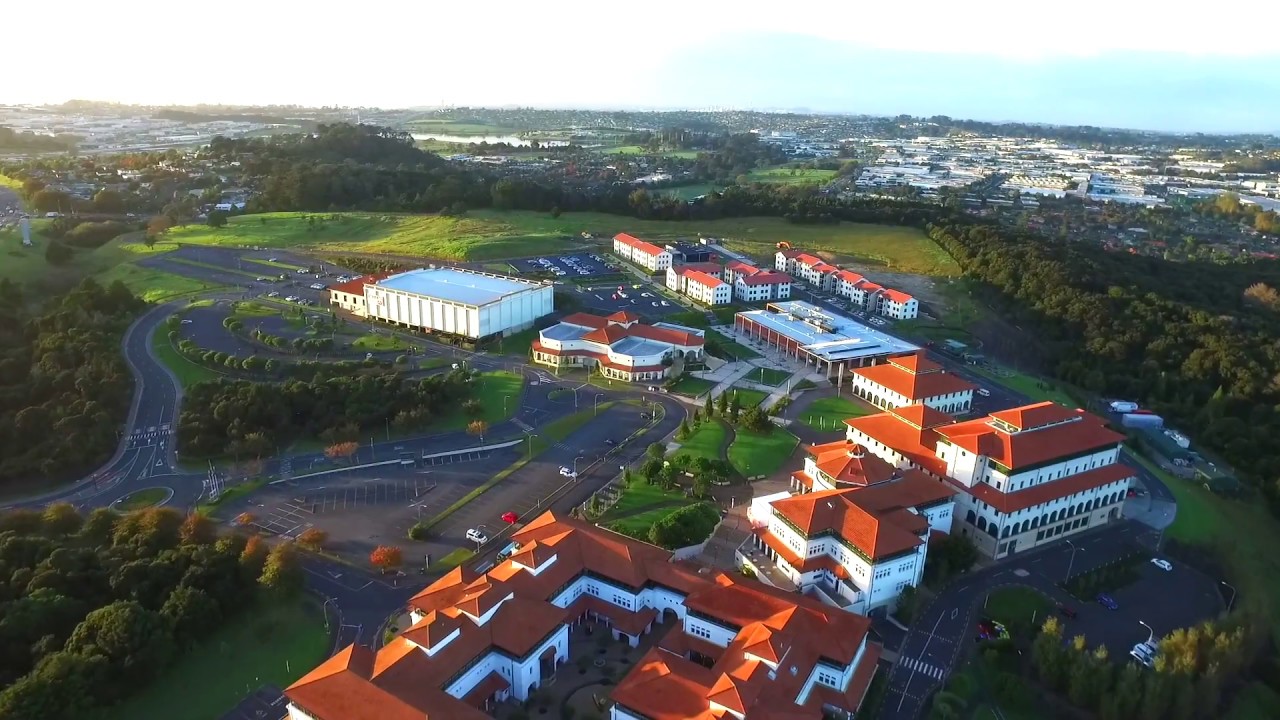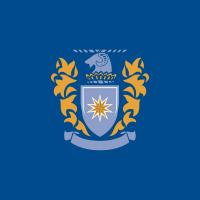Master of Science (Microbiology)
Massey University’s Master of Science (Microbiology) is a multi-disciplinary postgraduate qualification that will give you valuable research skills.
At Massey we use a diverse range of molecular, cellular, plant and animal models to investigate the molecular biology of infectious diseases and to develop novel therapies and diagnostics methods. We also use metagenomics and other advanced genomic technologies to study microbial communities in the environment.
Multi-disciplinary
You will learn from world-leading specialists in microbiology and related areas like:
- biochemistry
- genetics
- biotechnology
- food science
- plant pathology
- immunology
- epidemiology.
An essential science
Microbiology is an essential science that helps us understand the microbes in the environment, including microbes that dwell in the soil, air and water, in our food and inside people, animals and plants. Some of the areas where microbiology has an impact are:
- improving the safety and success of food and beverage production and fermentation
- helping prevent infectious diseases through development of novel antibiotics, vaccines and diagnostic methods
- using of “good” microbes in prebiotics or probiotics, or microbial community transplantation between patients
- helping understand and treat diseases such as inflammation, allergy, neurological disorders, diabetes and even cancer.
- having an environmental impact through creating alternative ways to produce fuel, or by mitigating greenhouse gas emissions.
Relevant learning
During your study you will gain a contemporary, relevant view of microbiology. You will be exposed to the latest discoveries and research in microbiology and its applications in medicine, veterinary science, agriculture, food safety, ecology and biotechnology. Our world-leading facilities include:
- a microscopy and imaging centre
- a genomics and DNA sequencing facility
- a protein analysis suite (mass spectroscopy, x-ray crystallography, NMR)
- bioreactors
- fermentation facilities.
Campus Information
Manawatu campus
The Manawatu campus is Massey's original campus. With lovely heritage buildings and park-like grounds located near Palmerston North city, it is one of the best places in the country to experience the real student lifestyle. With a huge portion of the population under 25 it is the perfect place for learning and living. The large campus is beautiful year-round with 11,500 different varieties of plants and trees in the form of manicured gardens, green fields, woodlands and bush.
Intakes
- Feb
Application Processing Time in Days: 30
Minimum English Language Requirements
| English Level Description | IELTS (1.0 -9.0) | TOEFL IBT (0-120) | TOEFL CBT (0-300) | PTE (10-90) | |
|---|---|---|---|---|---|
| Expert | 9 | 120 | 297-300 | 86-90 | |
| Very Good | 8.5 | 115-119 | 280-293 | 83-86 | |
| Very Good | 8 | 110-114 | 270-280 | 79-83 | |
| Good | 7.5 | 102-109 | 253-267 | 73-79 | |
| Good | 7 | 94-101 | 240-253 | 65-73 | |
| Competent | 6.5 | 79-93 | 213-233 | 58-65 | |
| Competent | 6 | 60-78 | 170-210 | 50-58 | |
| Modest | 5.5 | 46-59 | 133-210 | 43-50 | |
| Modest | 5 | 35-45 | 107-133 | 36-43 | |
| Limited | 4 | 32-34 | 97-103 | 30-36 | |
| Extremely Limited | < 4 | < 31 | < 93 | < 30 |
Job Opportunity Potential
If you are interested in pursuing further research, microbiology is a key discipline of biological sciences. Microbiology research skills are particularly suited for work in research or teaching institutions. You could work in the fields of food safety, biomedicine, bioprotection, biotechnology, epidemiology, veterinary and plant pathology.
There are also roles in the legal or business sectors, for instance assisting with the commercialization of science, drafting of patents and technology transfer agreements.
Dairy, food, pharmaceutical and biotechnology industries are key employers. However, there are numerous other opportunities in cosmetics, breweries, food and oil industries, horticulture, and agriculture. Government and private sectors provide opportunities for bioprotection, regulatory, sample testing or diagnostic laboratory positions.
Positions in industry include:
- management
- quality control
- research
- product development.
Sought-after by employers
International trends are for employers to reward postgraduate study well, especially in larger enterprises. The skills you learn are increasingly recognised as setting you apart from other potential employees.
Earn more
A 2017 Ministry of Education publication, The post-study earnings and destinations of young domestic graduates, found that in New Zealand:
- young master’s graduates earn more than one and a half times more than the national median (five years after study)
- earnings and employment rates increase with the level of qualification completed
- five years after completion, the median earnings of young master’s graduates are 15% higher than for those with a bachelor’s degree.
PSW Opportunity
- During study, all students on a student visa can work up to 20 hours per week during semester and full time during vacations.
- After completing Level 7 Bachelor’s Degree or Higher Qualification, a student will get a three years open post-study work visa.
- After completing Level 8 Post Graduate courses of 1 year, students get 1 year PSW.
Admission Requirement / Eligibility Criteria
Postgraduate academic entrance requirements
Masters, postgraduate diplomas and postgraduate certificates An appropriate undergraduate degree from a recognised tertiary institution is required
- IELTS- 6.5 (no band less than 6.0)
- TOEFL iBT- 90 overall (min 20 in Writing)
- PTE Academic- 58 Overall (min 50 in communicative skills)
- Course Type: Full Time
- Course Level: Masters/PG Degree
- Duration: 01 Year 06 Month
-
Total Tuition Fee:
55815 NZD
Annual Cost of Living: 20000 NZD
Application Fee: N/A
Similar Programs
- Master of Management (Sustainability) at Massey University
- Master of Information Sciences (Computer Science) at Massey University
- Master of Veterinary Medicine at Massey University
- Master of Veterinary Medicine (Production Animal) at Massey University
- Master of Veterinary Medicine (Companion Animal Surgery) at Massey University
- Master of Veterinary Medicine (Companion Animal) at Massey University

